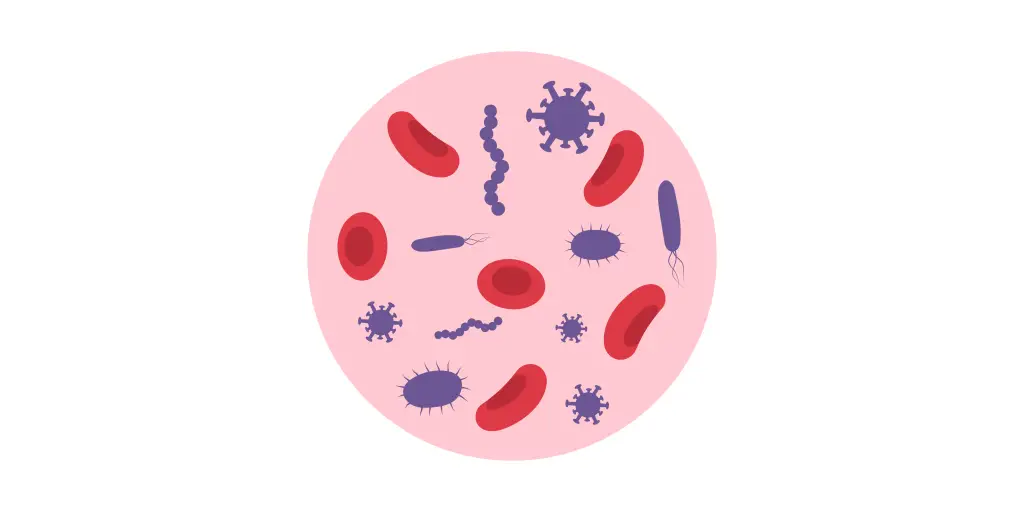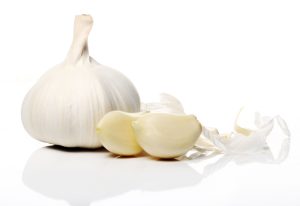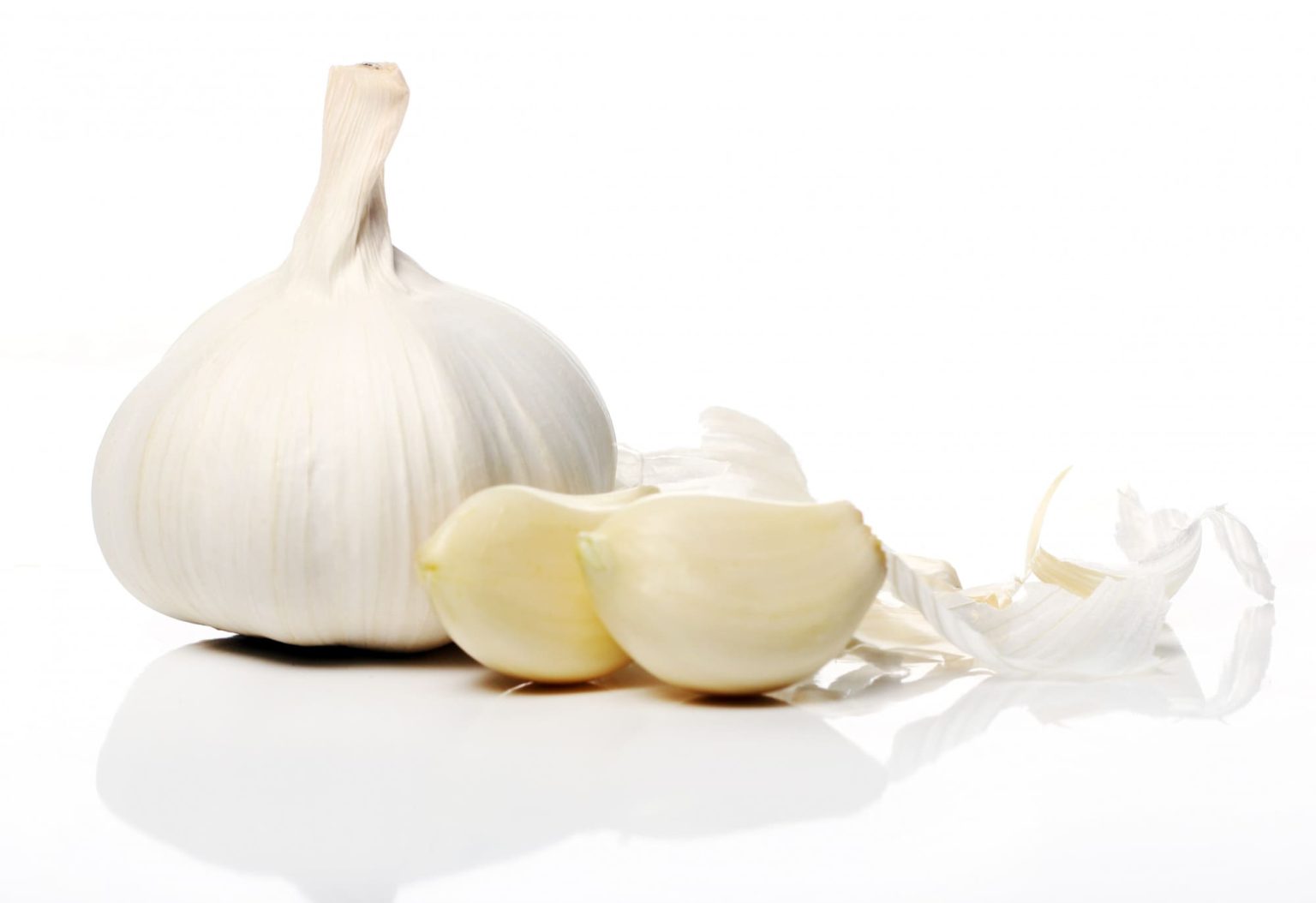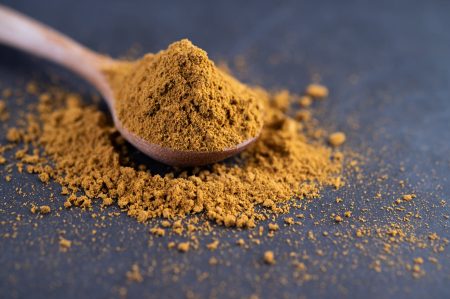Table of Contents
Introduction
Garlic has been teasing our taste buds and noses for thousands of years due to its pungent flavors and aromatic smell. However, it raises a very important question about its health effects. Therefore, in this extensive detail of bulbs and cloves, we shall cover all the aspects of Garlic with mild to hot qualities. If you are a cook and sometimes you add a little garlic to your meal, or you may be a health-conscious individual who has an interest in acquiring more adequate information about garlic and its approved health benefits then you are in the right forum. Here we shall be looking at; the origins of garlic, scientific facts about garlic, and the health benefits or uses of garlic including enhancing the immune system, and improving on heart health.
The Origins of Garlic
Garlic is scientifically known as Allium sativum. The source of garlic dates back thousands of years to Central Asia which is famous for the culture of growing plants on the most fertile territory. ‘Aleksander’ encouraged the usage of garlic as it contained strong characteristics and was considered a part of the culture in Egypt, Greece, and Rome. They focused on teaching beyond the kitchen as it was used for cooking as well as a treatment for illnesses. According to their perception, the use of garlic in food preparation was in a bid to fight away evil spirits while at the same time making the food appetizing. Garlic, interested and inspired mankind for centuries starting from the time of the ancient Greeks to this very day.
Types of Garlic
There are many different types of garlic. Each type has its unique taste and uses. Some common types of garlic are:
- Softneck Garlic: Softneck garlic is known for its mild taste and long shelf life, making it a popular choice for both home and professional chefs.
- Hardneck Garlic: Hardneck garlic is known for its strong flavor and easy peeling, making it a popular choice for a variety of cuisines.
- Elephant Garlic: Despite the name, elephant garlic is a member of the leek family. Elephant garlic has large cloves and a milder flavor, making it an excellent choice for baking and grilling.
The Health Benefits of Garlic
Garlic is more than just a food, it’s a food with lots of health benefits:
Boosts the immune system

Garlic involved the only allicin which was claimed to possess immunosuppressive activity. Allicin is formed in garlic through slicing, crushing, and chewing of the ingredients. There is the belief that allicin aids in the manufacture of the white blood cells which are so vital in the fighting of infections and diseases.
Lowers blood pressure

This has the potential of reducing blood pressure in individuals who have mild to moderate hypertension – based on a number of works. While it is not fully understood by researchers how garlic can do this it could be due to the fact that it helps to dilate blood vessels and thus facilitate blood circulation.
Reduces cholesterol levels

Research suggests that garlic may reduce the amount of LDL (bad) cholesterol in the body and increase the amount of HDL (good) cholesterol, thereby improving heart health. This is thought to happen because garlic reduces the absorption of cholesterol from the intestine and increases the rate at which cholesterol is eliminated from the body.
May have anti-cancer properties

While research is still in its early stages, some studies have suggested that garlic may have anti-cancer benefits. These effects are thought to be caused by various bioactive compounds found in garlic, such as organosulfur and antioxidants, which may help to protect cells from harm and reduce the growth and proliferation of cancer cells.
Combats bacterial and fungal infections

Garlic has a long history of being used as a natural medicine. One of the reasons for this is that garlic has the potential to be an effective antimicrobial. Garlic is rich in allicin, one of the active compounds in garlic. Allicin and some other compounds in garlic may help fight off certain types of bacteria and fungi that can cause infections. While garlic is not a replacement for traditional antibiotics, it may provide additional support in treating certain infections.
Improves athletic performance

According to some studies, garlic may improve athletic performance by decreasing muscle fatigue and increasing exercise capacity. The nitric oxide produced by garlic is thought to play a role in this, as it relaxes the blood vessels and improves blood flow to the muscles. In addition, the antioxidant properties of garlic are thought to help reduce muscular fatigue and improve post-exercise recovery.
May aid in blood sugar control

According to some studies, garlic may help keep blood sugar levels in check by improving insulin sensitivity. Insulin sensitivity is the body’s ability to utilize insulin to control blood glucose levels. People with pre-diabetes and type 2 diabetes often struggle to keep their blood sugar levels in a healthy range.
Supports cognitive function

Some studies suggest that garlic may enhance memory and cognitive function, which may help reduce the risk of cognitive decline with age. The mechanism by which garlic may do this is not fully understood. However, it may be linked to its anti-oxidative and antioxidant properties.
Antioxidants in garlic may help protect your brain cells from oxidative damage caused by harmful free radicals.
Anti-inflammatory properties in garlic may help decrease inflammation in your brain, which is one of the main causes of cognitive decline.
May promote detoxification

What does garlic do for detoxification?
Garlic stimulates the body to produce enzymes that help break down harmful substances and remove them from the body. These enzymes, called glutathione s-transferases, are responsible for breaking down and removing harmful substances from the body.
More research is needed to determine the exact role of garlic in detoxification, but it may provide some additional support to the body’s natural cleansing mechanisms.
Enhances flavor

Garlic adds flavor and complexity to a variety of dishes, making it one of the most versatile ingredients in your kitchen.
Garlic’s unique taste is caused by volatile sulfur compounds. These compounds are released during the process of chopping, crushing, or cooking garlic. Not only do they contribute to garlic’s unique flavor and aroma, but they may also provide some health benefits.
Use of Garlic Leaves
Garlic leaves or tops are edible shoots that grow out of garlic bulbs. Garlic leaves are also called garlic scapes. Garlic leaves have a sweet garlic taste and can be used in a variety of dishes.
- Pesto: In pesto recipes, use garlic leaves instead of basil for a flavorful alternative to the classic sauce.
- Stir-Fries: Add chopped garlic leaves to stir-fries and sautés for an extra layer of flavor and nutritional goodness.
- Soups and Stews: Use garlic leaves as a garnish or as an aromatic ingredient to enhance the flavor and aroma of your soups and stew.
Conclusion
Garlic’s journey from Central Asia’s origins to its current place on our plates is a testament to nature’s power. This versatile bulb not only adds flavor to our food but also has many health benefits. From heart health and immunity boosters to simply adding a little bit of spice to your everyday meals, garlic improves our lives in so many ways. By adding garlic to your diet and discovering its many uses, you’ll be on your way to a healthier and more flavorful life.
Also Read: Skin Hydration: The Importance, Tips, Myths to Radiant, Healthy Skin
Quick Answers
Is garlic suitable for individuals with garlic allergies?
While rare, garlic allergies can occur in some individuals, resulting in symptoms such as skin rash, gastrointestinal upset, or respiratory distress. Consult a healthcare professional if you suspect a garlic allergy.
What are the best ways to store garlic for long-term freshness?
Store garlic bulbs in a cool, dry place away from direct sunlight to prevent sprouting and spoilage. Avoid storing garlic in the refrigerator, as it can promote mold growth and diminish flavor.
Can garlic consumption lead to body odor or bad breath?
Garlic contains sulfur compounds that can contribute to body odor and bad breath in some individuals. Practice good oral hygiene and consume garlic in moderation to minimize these effects.
Are there any potential side effects of consuming excessive amounts of garlic?
While garlic is generally safe for consumption, excessive intake may lead to digestive discomfort, heartburn, or allergic reactions in sensitive individuals. Enjoy garlic as part of a balanced diet to reap its health benefits without adverse effects.
Does cooking garlic affect its nutritional value?
Cooking garlic can alter its nutritional profile, with raw garlic containing higher levels of certain beneficial compounds such as allicin. However, lightly cooking garlic can still retain many of its health-promoting properties.
Can garlic be used as a natural remedy for common ailments?
Garlic has been traditionally used as a natural remedy for various ailments, including colds, flu, and respiratory infections. Its antimicrobial and immune-boosting properties make it a popular choice for home remedies.






